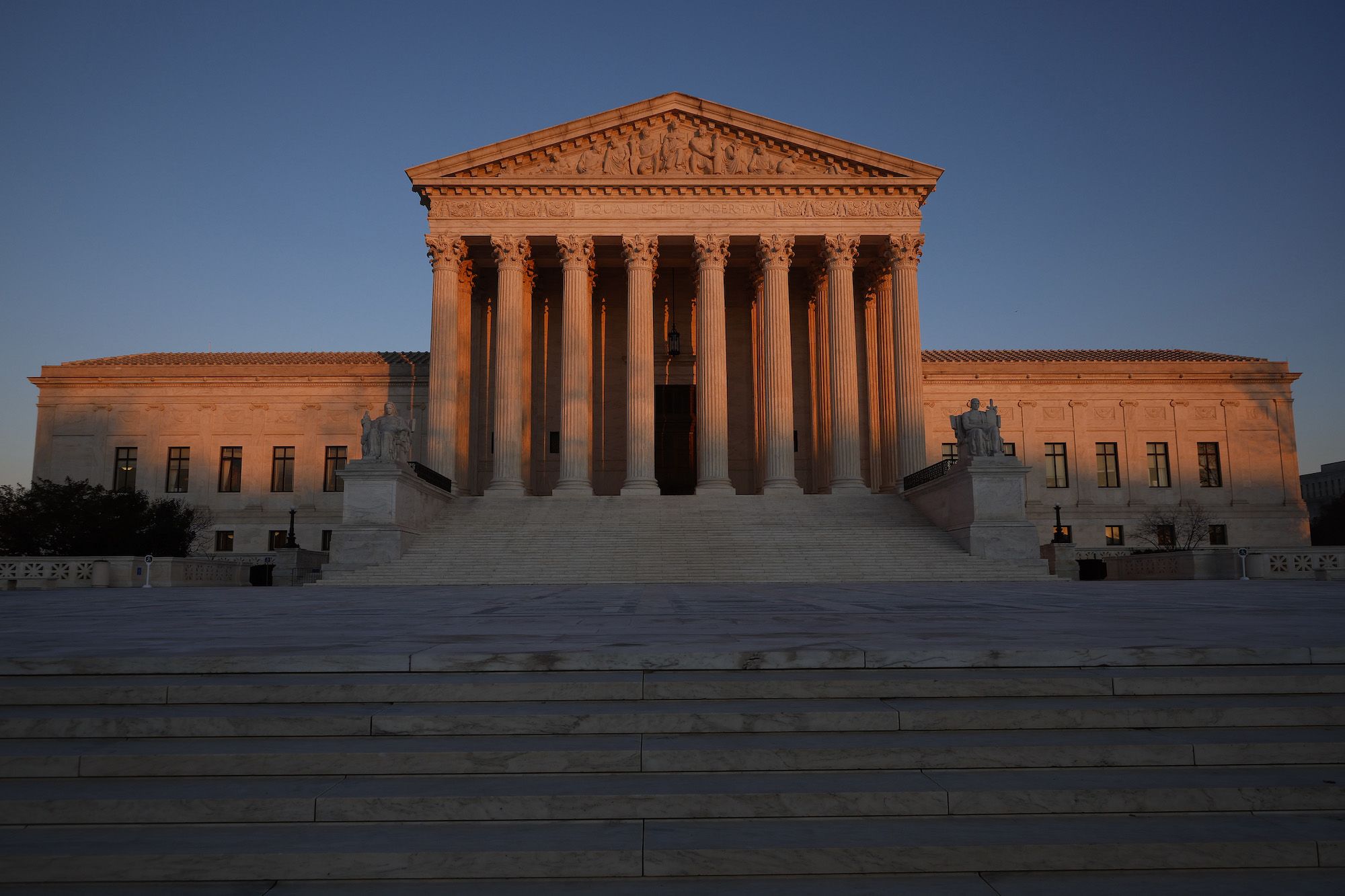By: Cody Knapp
On February 7, 2012, a three-judge panel of the United States Court of Appeals for the Ninth Circuit upheld Chief Judge Vaughn Walker’s ruling in Perry v. Brown (formerly Perry v. Schwarzenegger). The Ninth Circuit panel concurred with Walker, holding that California’s Proposition 8, a 2008 ballot initiative and constitutional amendment that revoked the right of gay couples to marry in California, was unconstitutional. Meanwhile, Governor Chris Gregoire of Washington signed same-sex marriage into law on February 13, and the legislature of New Jersey passed same-sex marriage legislation on February 16 (in spite of Governor Chris Christie’s subsequent veto, the legislators believe they can override the governor before the current legislative period ends in 2014). All in all, February 2012 seems to have been a landmark month for the LGBT community. But what was special about the Ninth Circuit panel’s majority opinion, and what does it mean in the context of the same-sex marriage debate?
First, it is important to take note of salient background information regarding the judicial panel. The three judges on the panel, which rendered a 2-1 decision against the appellants, were randomly selected from the court’s 47 active and senior judges. From this random selection came a fairly diverse judicial panel: N. Randy Smith, a conservative George W. Bush–appointee; Michael Daly Hawkins, a moderate Clinton–appointee; and Stephen Reinhardt, a Carter–appointee and the court’s longtime liberal bastion.
Reinhardt, the 89-year-old husband of Ramona Ripston, former Executive Director of the Southern California ACLU, is widely regarded as one of the most liberal justices on the bench today. His often unorthodox findings (which include a legal right to physician-assisted suicide and that using police dogs to track down drugs violate the Fourth Amendment) are viewed suspiciously by the current Supreme Court. He is one of the most overturned justices in history and, reportedly, the Justices in 1997 referred to him privately as a “renegade judge” (For further reading on Reinhardt, I recommend a 1997 article in the Weekly Standard). Reinhardt, who wrote for the majority in the panel’s ruling, has stated his belief that the role of the court system is that of an agent of social change (i.e. judicial activism). He has also openly criticized the Supreme Court’s relative shift to the right in recent years. Accordingly, one might be surprised upon reading his opinion in this case, an opinion that is quite restrained and articulates a finding that seems quite narrow when contrasted with Judge Vaughn Walker’s ruling.
District Chief Judge Walker had previously struck down Proposition 8 on extremely broad terms, finding that it violated both the Constitution’s Equal Protection Clause and the right to due process. Among a variety of important findings in his ruling, he found that domestic partnerships, even those with the same legal rights as marriage, were not equivalent because they intentionally withheld the associated cultural benefits of marriage from same-sex couples. He also wrote that marriage was a “fundamental right,” and, as such, “may not be submitted to [a] vote.” This was certainly the most decisive ruling for which the plaintiffs, represented by David Boies and Ted Olson, the opposing counsels in Bush v. Gore, had hoped. In upholding Walker’s ruling, however, Reinhardt and Daly took a different tact.
Reinhardt, a proverbial battle-scarred general against the right-wing in its war on judicial activism, almost certainly agrees with each of Walker’s findings. As a veteran of the Supreme Court of the United States’ (SCOTUS) review process, however, he probably saw the great potential for SCOTUS to rule against the plaintiffs if presented with such a sweeping ruling. Ever the legal strategist, he severely narrowed the scope of the ruling; he and Daly refused to address the larger issue of the constitutionality of banning same-sex marriage. Instead, they held the following:
“By using their initiative power to target a minority group and withdraw a right that it possessed, without a legitimate reason for doing so, the people of California violated the Equal Protection Clause.”
Thus, the majority effectively ruled that Prop 8 was unconstitutional because it removed the right of same-sex couples to marry, previously granted by the California Supreme Court, without good reason – not necessarily because same-sex couples enjoy a fundamental right to marry. Reinhardt goes on to highlight this distinction and says that the court would not have shied away from ruling on the larger issue if it were appropriate, but that in this case it was not necessary (Additionally, the liberal lion also offers many amusing remarks about the case that are sure to please liberal activists).
The court’s narrow ruling and the fact that Reinhardt grounded the ruling by using Romer v. Evans (a Supreme Court ruling regarding an anti-gay rights Colorado amendment in 1996) as precedent for much of the majority’s argument suggest that Reinhardt and Daly wanted to ensure that this ruling would survive both an en banc review and a SCOTUS review. Because Justice Anthony Kennedy, generally regarded as the major swing vote if and when Proposition 8 comes before SCOTUS, wrote the majority opinion in Romer v. Evans, many legal analysts feel that this opinion was written specifically for him. By articulating a narrower ruling and targeting Justice Kennedy, Reinhardt and Daly have taken great pains to avoid a potentially devastating reversal for pro-marriage advocates.
On February 21, the proponents of Proposition 8 filed a petition seeking an en banc review by the Ninth Circuit. This means that their appeal will be heard by 11 of the Court’s 28 active judges. Presumably, the losers in this round will appeal the case to SCOTUS. I am no longer convinced, however, that SCOTUS will issue a writ of certiorari. I believe that SCOTUS would prefer to postpone a definitive ruling on the issue of same-sex marriage until public opinion is less divisive. I think this is not merely because it is a controversial topic, as the Court has ruled on controversial topics before. It is a result the political atmosphere surrounding the Court. Justice John Roberts has stated (and all of the Justices seem to agree) that the Court has a public image problem.
Any decision on a high profile case like Perry v. Brown would likely come down as a 5-4 decision, further incentivizing discussion of the Court as political instrument regardless of the ruling. This term, the Court will hear a case on the constitutionality of President Obama’s health care plan. Adding a gay marriage decision on top of this ruling would guarantee to diminish the Court’s standing in public opinion, regardless of how the rulings comes down.
Reinhardt saw this, and gave them a way out. By tempering his normal inclination to issue broad rulings that challenge and push the Robert’s Court, I believe that Reinhardt has almost guaranteed a victory for same-sex marriage proponents in California. If affirmed by the full Ninth Circuit and/or SCOTUS, his ruling will provide a template for judges around the country. A victory in this case, while not proving the decisive win that same-sex marriage advocates have hoped for, will represent a huge win for the LGBT community.

